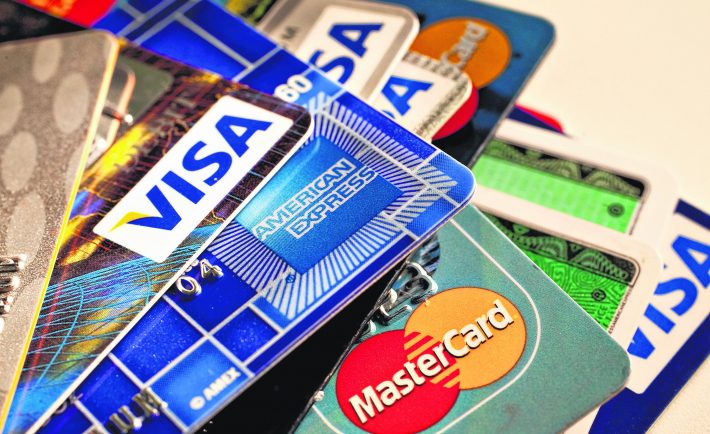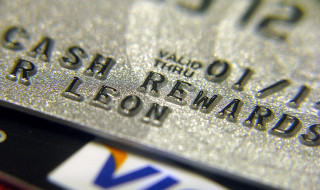
So, you’re thinking of applying for a credit card?
It’s a decision that should not be taken lightly. Before you fill out that application, take a step back and assess your financial situation.
Are you in a good place to handle another monthly bill? Do you have a plan for how you will pay off your credit card balance each month? Can you afford to pay the annual fee? These are just some of the questions you need to ask yourself before applying for a credit card.
If you can answer yes to all of the questions above, then applying for a credit card may be a good idea. But if there are any lingering doubts or concerns, it might be best to hold off on submitting that application.
Not everyone should apply for a credit card
If you’re not good at managing your finances, then getting a credit card is only going to lead to trouble.
Are you aware of the fees and interest rates that come with credit cards? Many people get blindsided by these charges and end up paying a lot more than they expected.
Also, think about why you’re wanting a credit card. If it’s just to have another form of payment, then there might be better options out there for you. A credit card is only going to serve you right if you use it responsibly.
You should consider these points before applying for a credit card
When you’re considering applying for a credit card, there are a few things you should take into account:
- Financial history
You should carefully consider your financial history before applying for a credit card.
If you have a history of trouble paying your bills on time, then you’re not ready for a credit card. Take some time to assess your financial habits and your ability to repay your debts. If you’re not sure, it might be best to hold off on applying for a credit card until you’re ready.
- Spending habits

Image Credits: unsplash.com
Are you somebody who likes to spend money freely?
If you answered yes, then you should probably avoid applying for a credit card.
The reason being is that you’re more likely to get into debt if you already tend to spend recklessly.
But if you’re cautious with your spending, then a credit card can be a wonderful way to build up your credit score. Just make sure that you’re always paying your bills on time and that you’re not borrowing more money than you can afford to pay back.
- Debt-to-income ratio
Debt-to-income ratio is simply a measure of how much debt you have compared to how much money you make.
If your debt-to-income ratio is high, that means you’re already struggling to make ends meet. In this case, it’s probably not a good idea to take on more debt by applying for a credit card. You need to get your finances in order before you can be responsible for another monthly payment.
On the other hand, if your debt-to-income ratio is low, that means you have more room to take on more debt. But this doesn’t mean you should go out and apply for every credit card out there! You still need to be mindful of how much credit you’re using and make sure you can afford to pay your bill each month.
Credit cards can be helpful if used correctly
At their core, credit cards are simply a way to borrow money. And like any form of debt, they should be used with caution.
But if you do your research and find the right card for you, credit cards can be a helpful tool for building your credit history and improving your credit score. They can also provide you with some great perks, bonuses, and rewards.
Just be sure to always pay your balance in full each month, and never charge more than you can afford to pay off. That way, you can enjoy the benefits of a credit card without any of the headaches.
As we close, you should not apply for a credit card if you have any of the following characteristics: a low credit score, a spending addiction, or a lack of financial discipline. If you’re responsible with your money and have a good credit score, then a credit card can be a smart way to earn rewards and build your credit history. Just be sure to read the terms and conditions carefully so you know what you’re getting into.




